
Culture
21:28, 20-Oct-2017
China aims to create new possibilities for cultural development
By Deng Junfang
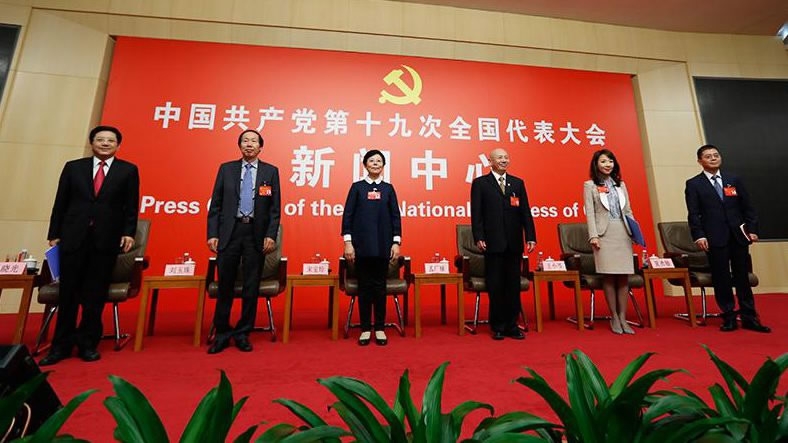
China has made great efforts in advancing its cultural output in the past few years and will work harder to promote new possibilities for further development.
The remarks came at a Friday afternoon group interview at the 19th CPC National Congress, with CPC delegates from China’s cultural and media divisions talking about cultural development both in their domain and across the country in general.
The group interview was jointly held by Liu Yuzhu, Secretary of the Party Leadership Group of the State Administration of Cultural Heritage (SACH); Song Baozhen, Director of Drama Research Institute; Meng Guanglu, Vice President of China Federation of Literature and Art Circles; Wang Xiaojie, Director of Beijing Bureau of CCTV and Xia Yongmin, Director of China Radio International’s (CRI) West Asian and African Center.
How to tell Chinese stories to the world
When talking about cultural development and communication, the representatives all mentioned the importance of telling Chinese stories to the world in the right way.
For Xia, Chinese TV series have set a good example in terms of telling Chinese stories to other cultures. “For example, Chinese TV series ‘Beautiful Daughter-in-Law’ has attracted six million viewers in Tanzania,” he said.
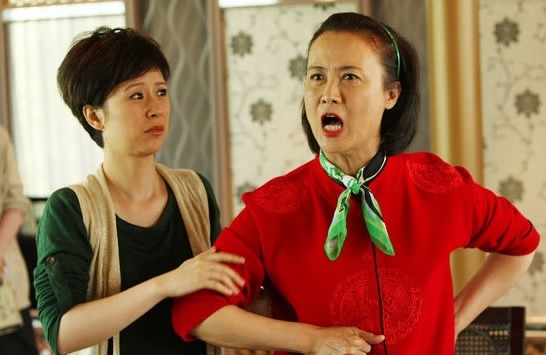
Chinese TV series “Beautiful Daughter-in-Law" /Photo via Chengdu Business Daily
Chinese TV series “Beautiful Daughter-in-Law" /Photo via Chengdu Business Daily
“We translated the TV series into their language - Kiswahili - so that there’s no language barrier. And also the TV series reflects people’s daily life and the relationship between mother-in-law and daughter-in-law which is also something common in Tanzanian culture and easily strikes a chord,” he further explained.
Meanwhile, Xia emphasized the importance of traditional culture.
“Culture, especially traditional culture is the root of a nation and the spiritual gene that makes a certain nation different from the others,” said Xia, “Every country should tell stories based on their traditional culture so that other countries can better understand their culture.”
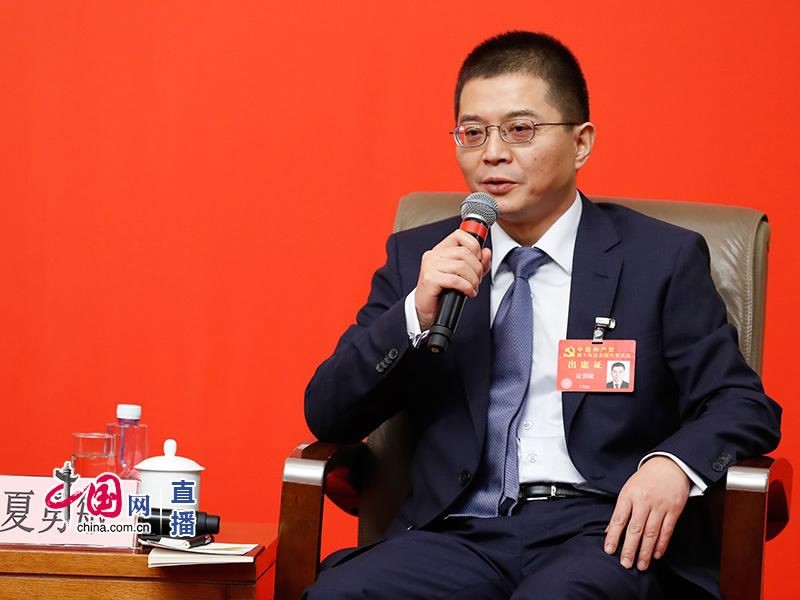
Xia Yongmin, Director of China Radio International’s (CRI) West Asian and African Center. /China.com.cn Photo
Xia Yongmin, Director of China Radio International’s (CRI) West Asian and African Center. /China.com.cn Photo
Meng Guanglu, who has a master's degree in Theatre Dramaturgy echoed Xia’s remarks and said that plenty of efforts have been made to promote Chinese traditional operas, including taking them into campus and letting young people learn more of Chinese operas.
Meng also improvised a part of Chinese opera and here is the video clip.
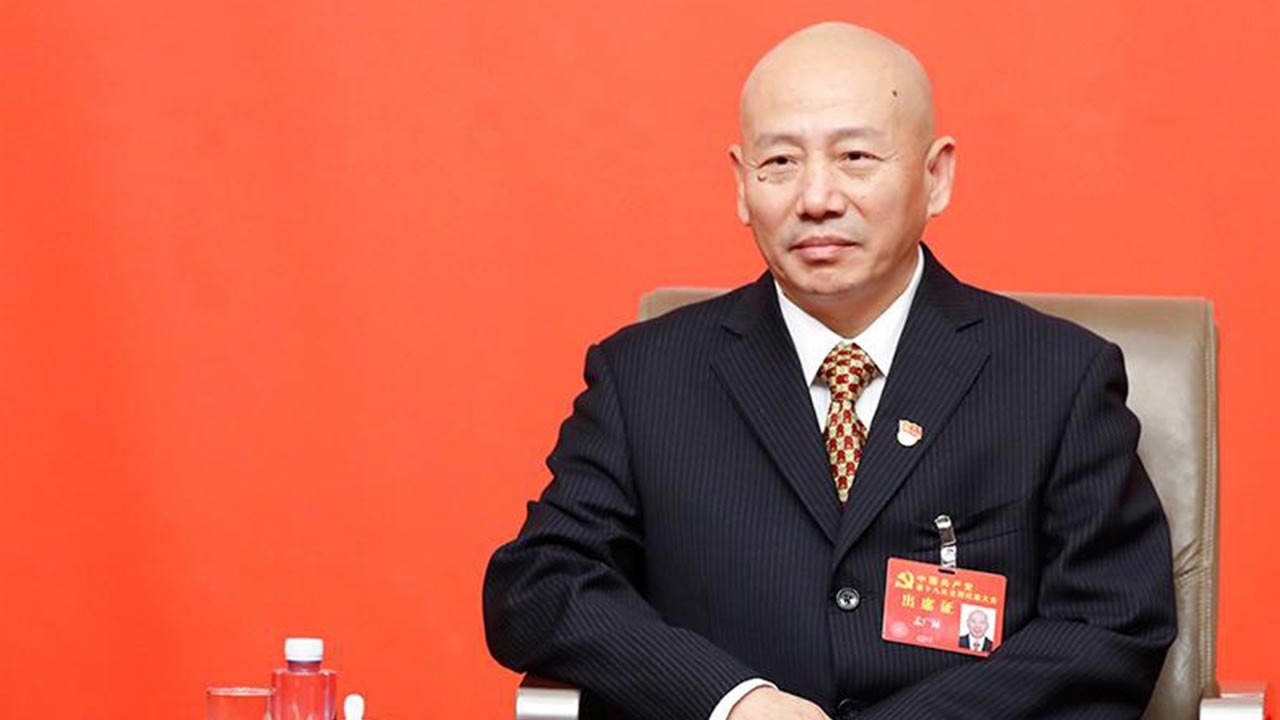
Preservation of cultural relics is vital
“Because of their non-renewability, cultural relics' artistic, scientific and historic values play an important role in promoting the development of human civilization,” said Liu, who is also the SACH administrator.
“On the premise of protection, we should also think about how to make the relics contribute to the development of our society, economy and culture,” he added.
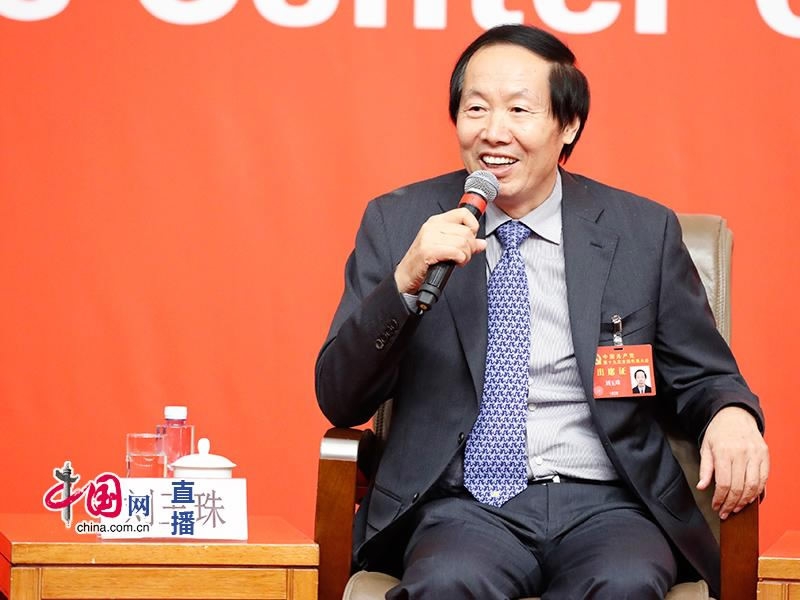
Liu Yuzhu, Secretary of the Party Leadership Group of the State Administration of Cultural Heritage (SACH) /China.com.cn Photo
Liu Yuzhu, Secretary of the Party Leadership Group of the State Administration of Cultural Heritage (SACH) /China.com.cn Photo
Liu also said that China has been in cooperation with 15 countries along the Belt and Road in various archaeological projects since 2013. China has also offered millions of dollars of financial aid to five countries in terms of protecting cultural relics, including Nepal, Myanmar and Cambodia, according to Liu.
Drama should come from life
This year marks the 110th anniversary of the birth of modern drama in China. China has made huge progress in developing drama over the past century, according to Song.
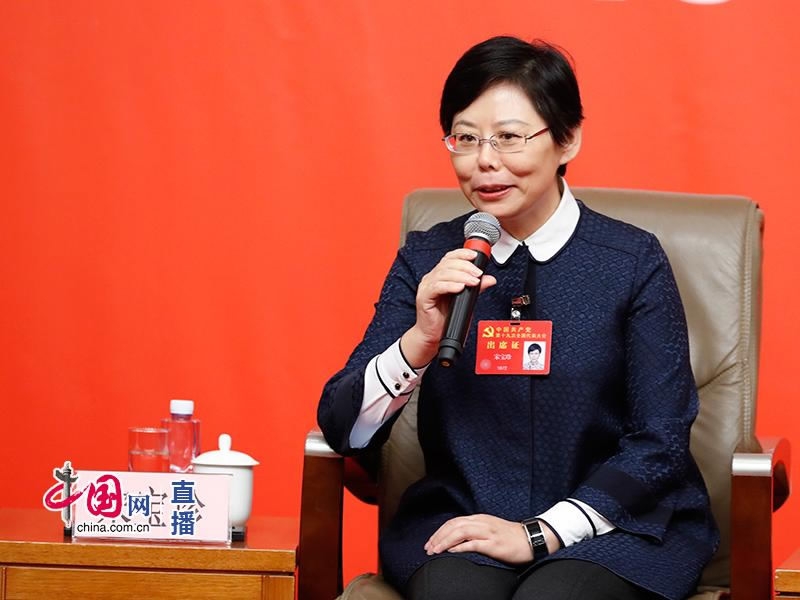
Song Baozhen, Director of Drama Research Institute /China.com.cn Photo
Song Baozhen, Director of Drama Research Institute /China.com.cn Photo
“We have plenty of excellent dramas, not only from national level theaters but also from theaters in remote areas, like Yunnan, Sichuan and Guizhou - thanks to the cultural funds provided by the government,” she said.
Good dramas should be based on people’s lives and reflect China’s core values, Song added.
“We are in the best ever period in terms of developing drama. We have confidence to make more high-quality artistic works,” Song said.
Chinese media work hard for good shows
China’s national broadcaster CCTV launched seven documentaries in July, covering issues such as China’s reform, anti-corruption campaign and diplomacy.
According to Wang, by October 11, the documentaries had been watched nearly one billion times.
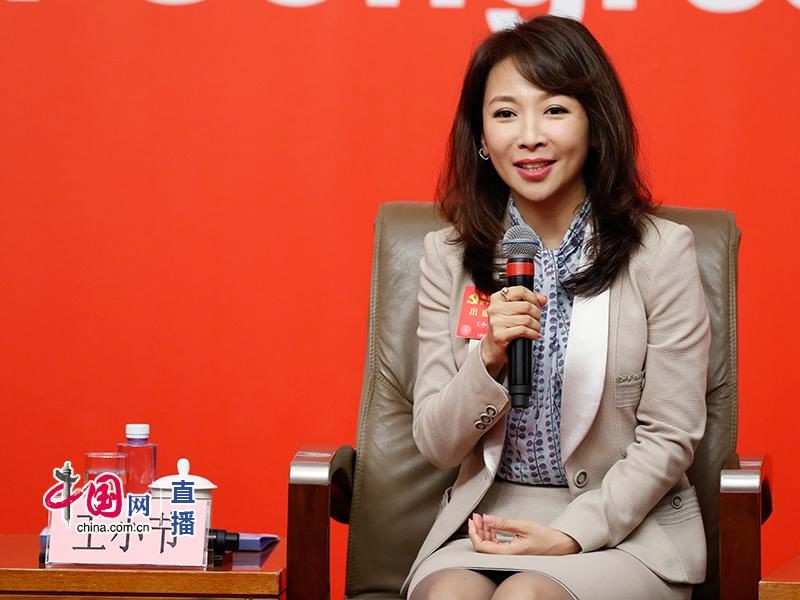
Wang Xiaojie, Director of Beijing Bureau of CCTV /China.com.cn Photo
Wang Xiaojie, Director of Beijing Bureau of CCTV /China.com.cn Photo
“We work hard to make programs that people are interested in. It’s the duty of media organizations to spread positive stories and manifest cultural confidence,” she said.
Meanwhile, Wang also told her media fellows that there’s “no shortcut” to doing good reports except for hard work and making full use of this era's new media technology.
10km

SITEMAP
Copyright © 2018 CGTN. Beijing ICP prepared NO.16065310-3
Copyright © 2018 CGTN. Beijing ICP prepared NO.16065310-3